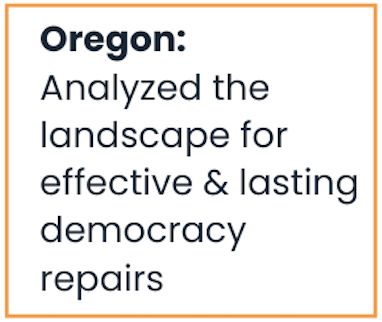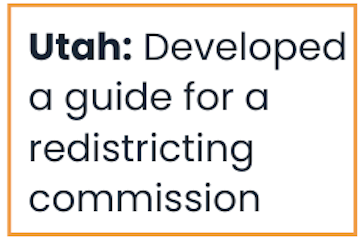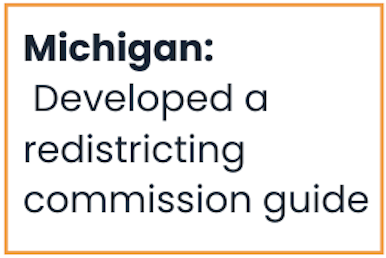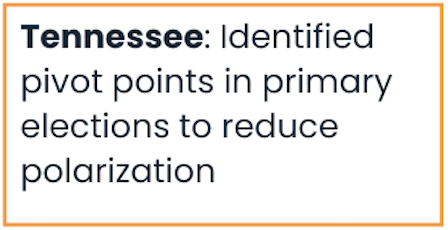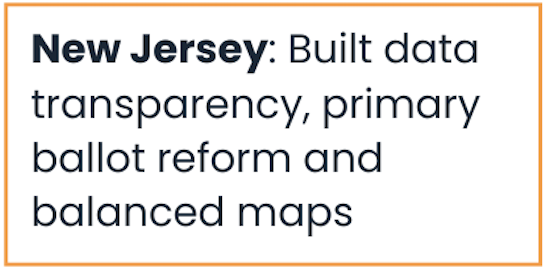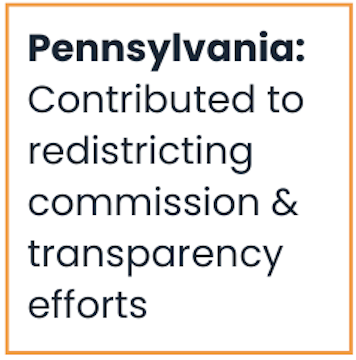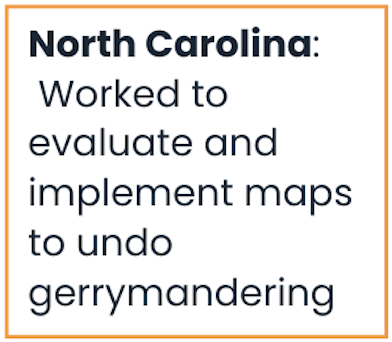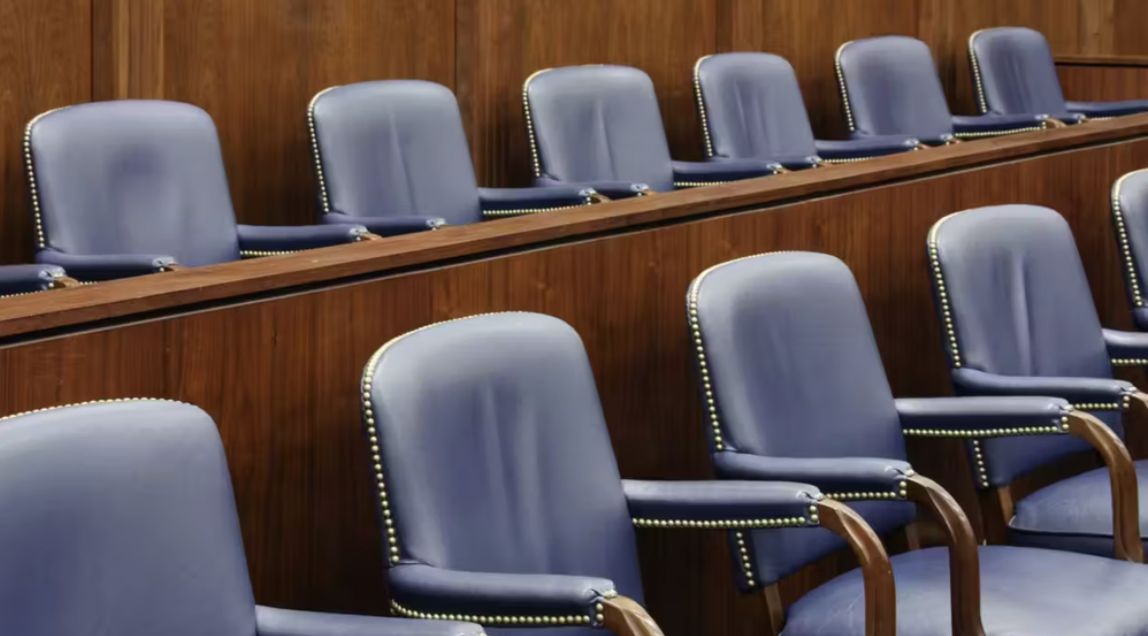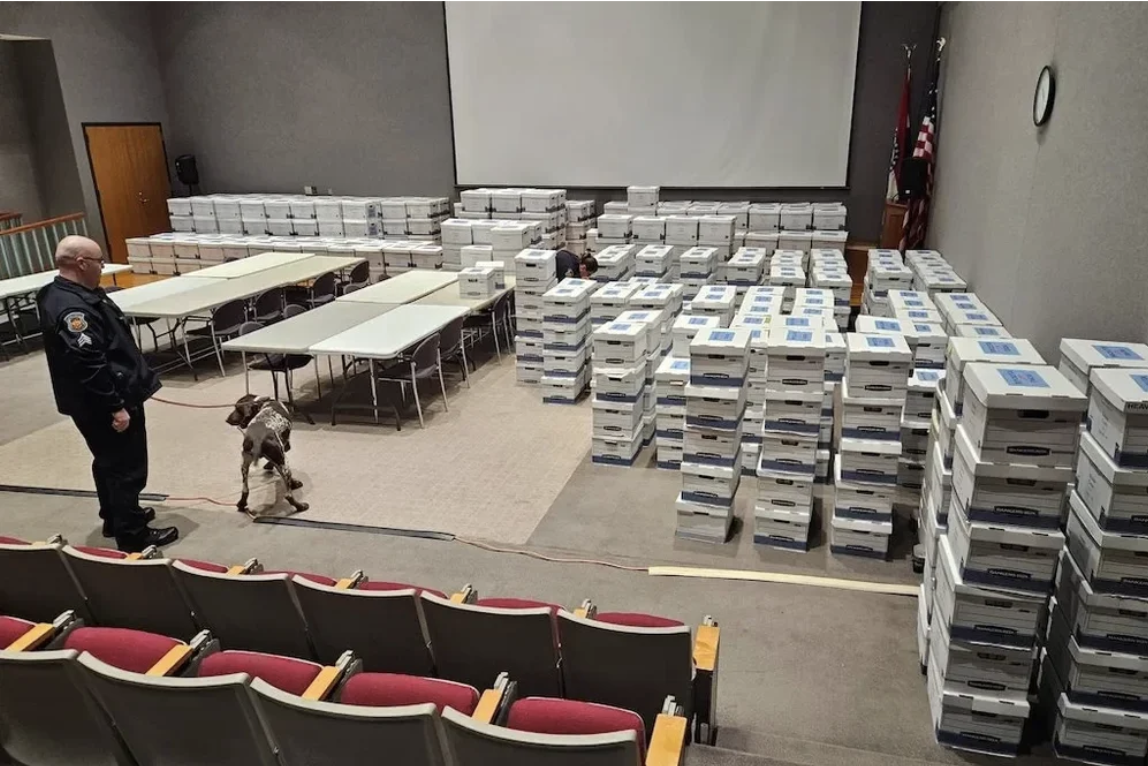
Using science to maximize voter power.
A national project to repair democracy and empower all voters using science, data, and practical strategies.
Non-partisan, independent, and evidence-driven, we envision an American democracy in which voters gain and maintain the power to choose their government to achieve fair and meaningful representation for all.
Our research informs discovery and policy innovations,
Our tools translate ideas into real-world practice,
Our interns, fellows and mentors bridge the gap between the two worlds and to citizen groups and advocates.




